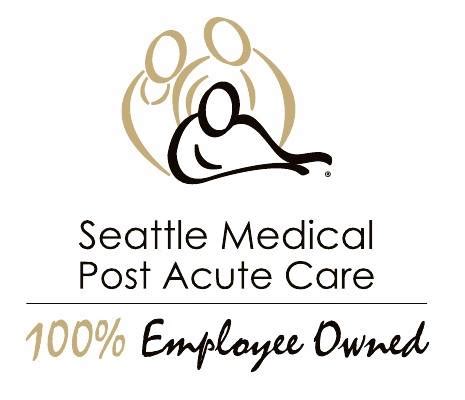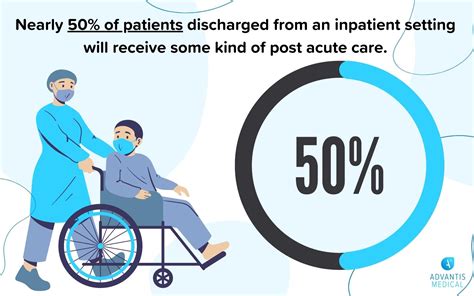Intro
Discover comprehensive post-acute care services and rehabilitation in Seattle, tailored to support your recovery journey. Our expert team provides personalized medical care, physical therapy, and rehabilitation programs to help you regain independence and mobility, addressing complex medical conditions and promoting overall wellness.
Seattle's medical post-acute care services and rehabilitation facilities are designed to provide patients with the necessary support and care after a hospital stay or surgery. These services are crucial in ensuring a smooth transition from hospital care to home care, and they play a vital role in the overall recovery process. In this article, we will explore the various aspects of Seattle's medical post-acute care services and rehabilitation, highlighting their importance, benefits, and the different types of services available.

Importance of Post-Acute Care
Post-acute care is a critical component of the healthcare system, as it helps patients recover from illnesses, injuries, or surgeries. Without proper post-acute care, patients may experience complications, readmissions, or even death. In Seattle, post-acute care services are designed to provide patients with the necessary support and care to ensure a smooth transition from hospital care to home care.
Benefits of Post-Acute Care
The benefits of post-acute care are numerous, and they include:
- Reduced risk of complications and readmissions
- Improved patient outcomes and quality of life
- Enhanced patient satisfaction and experience
- Cost-effective care
- Support for patients with chronic conditions

Types of Post-Acute Care Services
In Seattle, post-acute care services are diverse and cater to different patient needs. Some of the common types of post-acute care services include:
Skilled Nursing Facilities (SNFs)
SNFs provide 24-hour nursing care and rehabilitation services to patients who require a higher level of care. These facilities are designed for patients who need intensive therapy and medical care.

Inpatient Rehabilitation Facilities (IRFs)
IRFs provide intensive rehabilitation services to patients who require a high level of care. These facilities are designed for patients who need physical, occupational, and speech therapy.
Home Health Care
Home health care services provide patients with medical care and support in the comfort of their own homes. These services include wound care, medication management, and therapy.

Rehabilitation Services
Rehabilitation services are an essential component of post-acute care, as they help patients recover from illnesses, injuries, or surgeries. In Seattle, rehabilitation services include:
Physical Therapy
Physical therapy helps patients regain strength, mobility, and function. Physical therapists work with patients to develop personalized exercise programs and provide education on proper body mechanics.

Occupational Therapy
Occupational therapy helps patients develop the skills necessary for daily living and work-related activities. Occupational therapists work with patients to develop personalized plans and provide education on adaptive equipment and techniques.
Speech Therapy
Speech therapy helps patients regain communication and swallowing skills. Speech therapists work with patients to develop personalized plans and provide education on communication strategies.

Choosing the Right Post-Acute Care Facility
Choosing the right post-acute care facility can be a daunting task, especially for patients and families who are unfamiliar with the healthcare system. When selecting a post-acute care facility, consider the following factors:
- Quality of care
- Patient satisfaction
- Staff qualifications and experience
- Services offered
- Location and accessibility

Conclusion
Seattle's medical post-acute care services and rehabilitation facilities play a vital role in ensuring patients receive the necessary support and care after a hospital stay or surgery. By understanding the different types of post-acute care services and rehabilitation options available, patients and families can make informed decisions about their care. Remember to consider factors such as quality of care, patient satisfaction, and staff qualifications when selecting a post-acute care facility.

What is post-acute care?
+Post-acute care refers to the care and services provided to patients after a hospital stay or surgery.
What are the benefits of post-acute care?
+The benefits of post-acute care include reduced risk of complications and readmissions, improved patient outcomes and quality of life, enhanced patient satisfaction and experience, cost-effective care, and support for patients with chronic conditions.
What types of post-acute care services are available in Seattle?
+In Seattle, post-acute care services include skilled nursing facilities, inpatient rehabilitation facilities, home health care, and rehabilitation services such as physical, occupational, and speech therapy.
